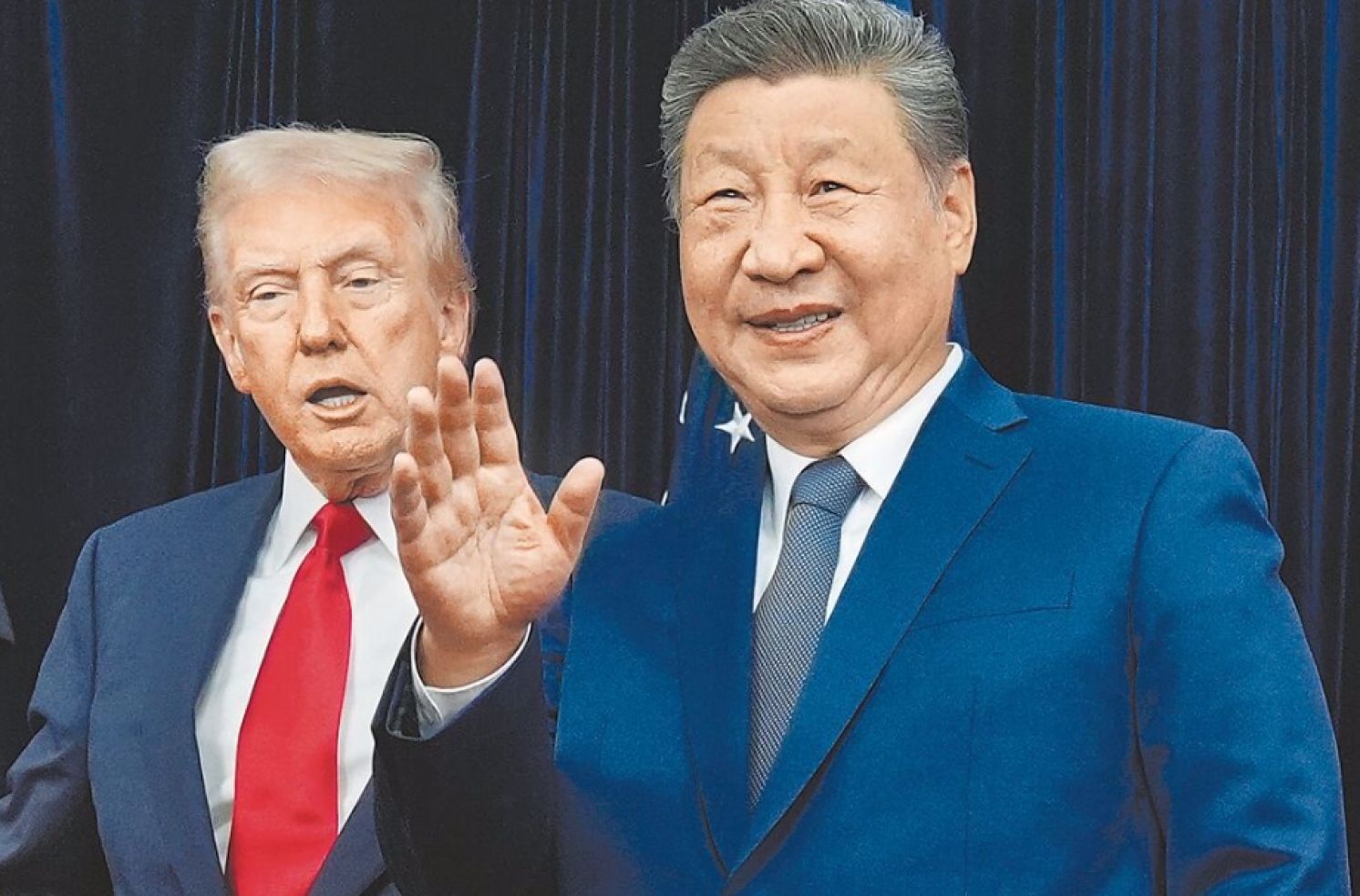
Washington's Strategic Shift Redefines Taiwan's Position
By Lo Ching-sheng, China Times Opinion, November 3, 2025
The ripples from the meeting between President Donald Trump of the United States and Chinese President Xi Jinping in Busan, South Korea, continue to spread—especially regarding the unexpected absence of any discussion on the “Taiwan issue.” Recently, in a CBS 60 Minutes interview, Mr. Trump was asked directly: if China attacks Taiwan, “Would you order U.S. troops to defend Taiwan?”
The question was sensitive. If Mr. Trump said “no,” then he would appear weak; if he said “yes,” it would undermine his efforts to build a good relationship with Mr. Xi. Yet, unlike former President Biden and previous leaders who relied on “strategic ambiguity,” Mr. Trump emphasized instead that Mr. Xi told him: “As long as Mr. Trump is president, we will never take action.” This subtle distinction indicates a fundamental shift in U.S.-China-Taiwan relations.
U.S.-Taiwan relations have always changed with the evolution of U.S.-China ties. In 1979, when Washington’s strategy shifted from containment to aligning with China against the Soviet Union, the United States established diplomatic relations with the People’s Republic of China and abolished the U.S.-ROC Mutual Defense Treaty. When the United States began to view China as a rival, Taiwan’s strategic value rose, and Washington renewed its focus on Taiwan’s defense. As for whether U.S. forces would intervene in the Taiwan Strait, Washington maintained “strategic ambiguity,” implying that the United States would intervene only if Taiwan held out long enough; if not, then the United States would not.
Following the outbreak of the war in Ukraine, U.S.-Taiwan relations shifted once again. The United States became more directly involved in Taiwan’s defense, even sending over 400 personnel to assist during this year’s Han Kuang military exercises. However, such assertive involvement—training Taiwanese forces for urban and street warfare, and even storing ammunition in temples—sparked growing “distrust of America.” Critics argue that Washington is trying to replicate its Ukraine strategy: provoking Beijing into attacking Taiwan so that Taiwanese lives could be sacrificed to drain China’s strength.
Understanding this context reveals the subtlety of Mr. Trump’s position: the question is not whether the U.S. military would intervene, but that “my good relationship with President Xi” ensures China will not act. The underlying reason is that the People’s Liberation Army has grown powerful enough to challenge U.S. forces. The best strategy for Beijing is no longer to invade Taiwan, but to lure the U.S. military into direct conflict. If China can defeat the U.S. military, then it would no longer need to fight Taiwan at all. Thus, the question is no longer whether Washington will intervene, but how to avoid being drawn into a war that could ignite a U.S.-China conflict.
Repeated U.S. war games have shown that a war with China cannot be fought. The PLA’s long-range missiles can already strike the continental United States, and escalation could trigger nuclear confrontation. To prevent the United States from being “dragged into” a cross-strait war, Washington must now ensure that such a conflict never occurs. What was once a useful “Taiwan card” to provoke Beijing has now become a losing one.
This explains why Secretary of War Pete Hegseth—who in June’s Shangri-La Dialogue condemned China for posing an “imminent threat” to Taiwan—has recently stopped mentioning Taiwan altogether. Instead, he now claims that U.S.-China relations “have never been better,” stressing that the Trump-Xi meeting in Busan “set the tone for lasting peace and success between the two nations.”
Has the administration of President Lai Ching-te understood this shift? Regardless of its past confrontational stance toward Beijing or alignment with American strategies, it must recognize that the situation has fundamentally changed. President Lai’s being labeled “reckless” by American think tank scholars reflects Washington’s latest strategic thinking. The essence of U.S.-China-Taiwan relations has transformed. A policy of opposing China at every turn not only contradicts the expectations of the Taiwanese people but also risks displeasing Washington. If the current approach is not corrected soon, then Taiwan could face even greater embarrassment.
(The author is the executive director of the Taiwan International Strategic Study Society.)
From: https://www.chinatimes.com/opinion/20251103003542-262104?chdtv